

PDO is proud of its commitment to the local communities in the areas where it operates.
The company strives to provide long-term, sustainable benefits to the communities, giving Omanis new job opportunities as well as support for their traditional livelihood.
To this end, it has established a substantial social-investment programme with a budget which is earmarked for many different purposes, all of which are focused on improving the lives of Omanis.
One area covered by the company's social investment budget is straightforward donations: answering requests to help fund conferences or exhibitions, to donate PCs to schools and many other worthy causes as decided by the company's Grant & Donation Committee. But a much larger proportion of the money now goes towards strategic projects that provide long-term benefits to help soften the impact of having oil production facilities close by.
Some of these projects are infrastructure related, such as building schools, providing water and electricity and grading roads.
All projects are carefully co-ordinated with the various ministries, and are designed to complement public works already taking place or planned.
Training is an important part of PDO's social investment programme too. For Omanis who are interested in a technical vocation, PDO now sponsors a two-year course, based in Fahud, aimed at high-school graduates. The course covers topics including English language, welding, computers or mechanical engineering.
The first intake of students started in September 2003, and already some have been hired by PDO contractors or Local Community Contractor companies ahead of graduation.
Some of the most significant social investment projects, though, are about providing lasting opportunities for Omanis outside the oil and gas industry. Here are two examples:
Craft industry project
The ancient Omani, craft of camel-bone carving had become almost extinct - with just one octogenarian artisan still ,practicing - when PDO stepped in to try to resuscitate it. An initial group of five young artisans have been trained in the skills required, and more will follow. PDO has also entered into partnership with the Oman Heritage Gallery to market the finished pieces at shops in Nizwa and al Hazm Forts, plus Seeb and Dubai international airports.
There are also plans to export pieces to the US, where there is good potential demand.
Livestock initiatives
Many people in the south of Oman depend on livestock for their living, because the desert land is impossible to farm in any other way. A new veterinary clinic, being built in Thumrait in the south of the company's concession area, will provide a real boost to local farmers. In addition, a laboratory extension to the Shelim veterinary Clinic will also provide employment for veterinary workers.
PDO also provides temporary employment to families living near its production facilities. Contracts generally last for three months, and are often passed between family members so that a family can have a source of income for a year or more.
All these activities help PDO maintain harmonious relationships with its neighbouring communities, making the process of developing oil and gas assets smoother as a result. And that's good news for Oman's economy and its future prosperity.
One of the most prominent ways in which PDO has given opportunities to people in the interior of the country is through the Local Community Contractor - or LCC - initiative. Launched in 1998, the LCC scheme helps local businessmen to develop their own companies. So far, some 60 companies have been established, providing employment for more than 1000 Omanis.
The LCCs fall into two groups:
A) Ahliya (formerly Class A) - These are larger, incorporated companies with multiple shareholders and at least several employees. They can tender for both oilrelated and non-oil-related work, the latter including road construction or maintenance, building and transport. Eleven such companies exist at present, and PDO provides favourable conditions to give them a guaranteed flow of work, as well as giving help and guidance to their management.
Private (formerly Class B) - Those LCC companies that are not of the Al Ahliya type fit into this category. They are mostly small owner managed enterprises, often set up by people with no previous business experience and very little formal education.
PDO takes responsibility for coaching these budding entrepreneurs in business skills, using games and practical demonstrations to get the key messages across. For instance, an adapted version of the board game Monopoly is used to explain how investment works. PDO does not guarantee work for these companies, but creates opportunities with contractors through special clauses in contracts and other incentives.
The LCC scheme has been a huge success; PDO has watched the LCC companies develop into truly professional operations, something that is a source of great pride for everybody involved.
Next steps include further developing the LCC companies so that they are able to compete on a level playing field with other contractors, with no favouritism in the tendering process. Some LCC operators have already achieved this, and the hope is that more will follow this lead.
Here are just two examples of LCC companies that have gone from strength to strength since the scheme began:
Al-Harsoosy Trading and
Contracting (AHTC)
Founded in 1996, ATHC started out as a small contractor operating from a temporary cabin and with just one road grader working in Nimr. Now a registered PDO contractor providing civil engineering and earthmoving services, the company's staff has grown to 80 people (70 per cent of whom are Omanis) and it operates some 55 vehicles. AHTC is also one of few LCCs to be certified ISO 9002 for quality assurance. AHTC aims to be recognised in Oman as the professional civil engineering and earthmoving contractor and to be at the forefront of the country's business sector.
Fahud Desert Trading Company (FDTC)
FDTC specialises in water and cargo haulage, operating in the north of Oman. It was established as an LCC in 1999 and is held by the Darai tribe, with its main business office in Ghala and site offices in Fahud and Qarn Alam. FDTC's business has grown substantially since it started out, and employees now number 124, mostly Omonis. It operates some 39 vehicles to service its contract to provide PDO with water and cargo haulage.
A centre for business - LBD
When PDO's Business Development Centre opened in January 2002, it marked a new beginning in PDO's relationships with local businesses and community-based contractors. The purpose-built centre is deliberately located in an unrestricted area, so anybody in the business community can visit to get information or register as contractors. It currently attracts more than 500 visitors a month.



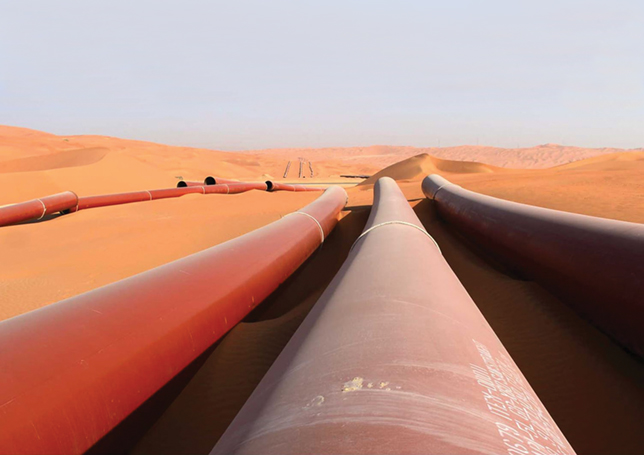
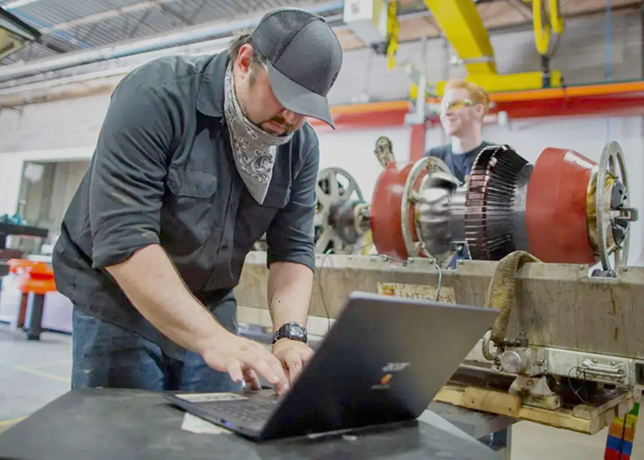


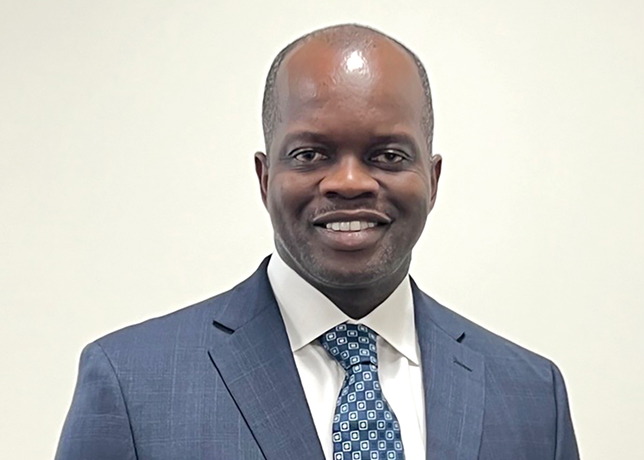

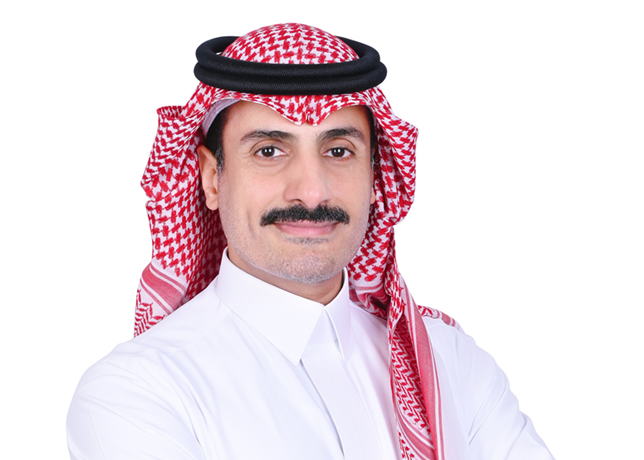

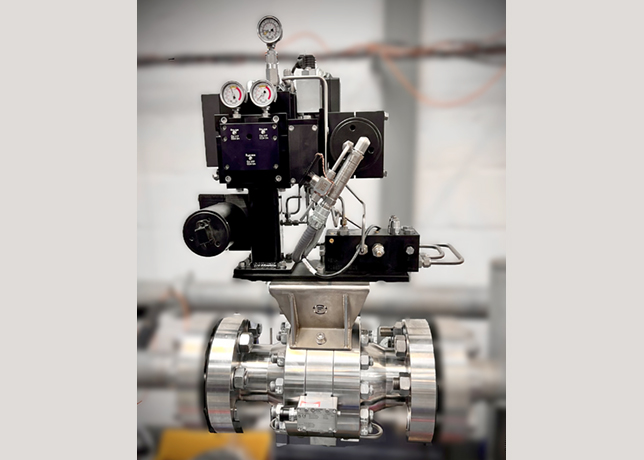
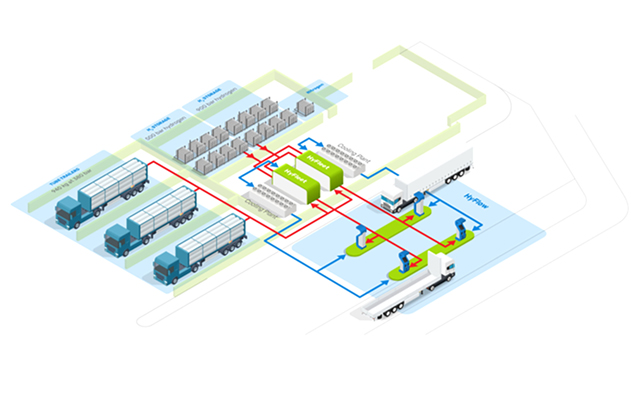
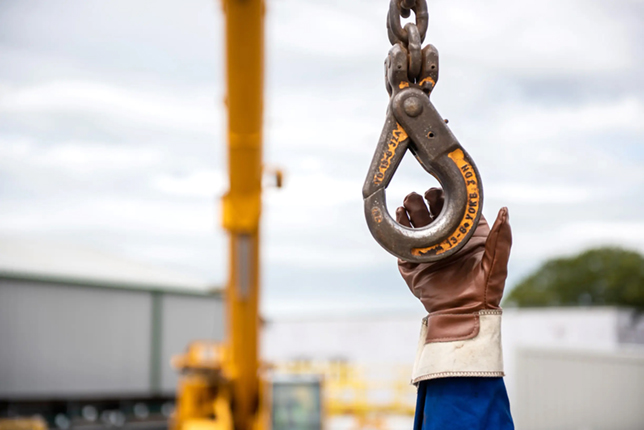


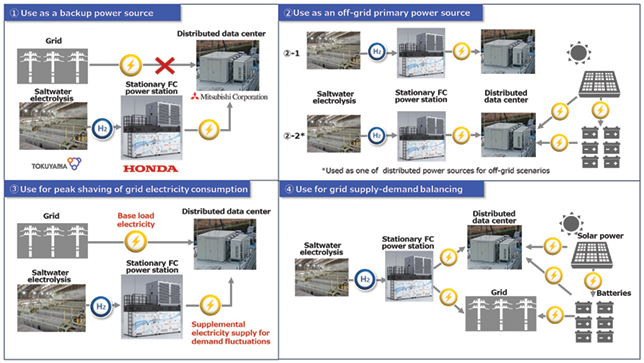
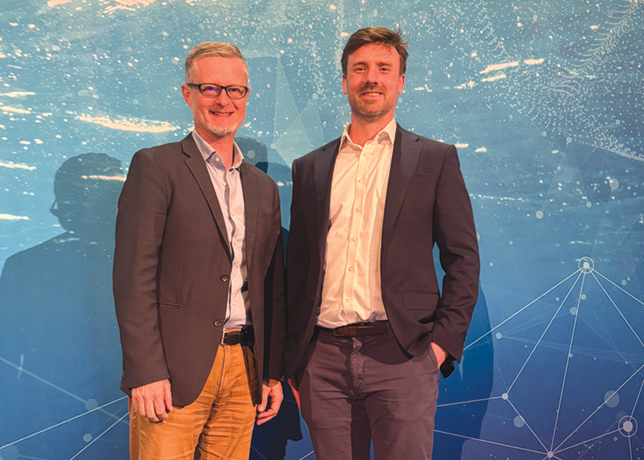

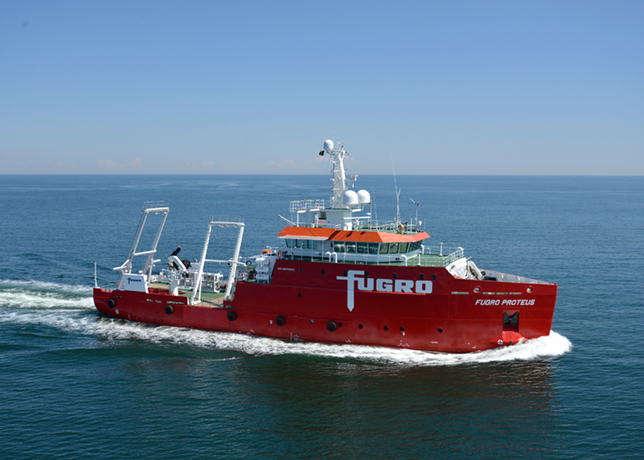

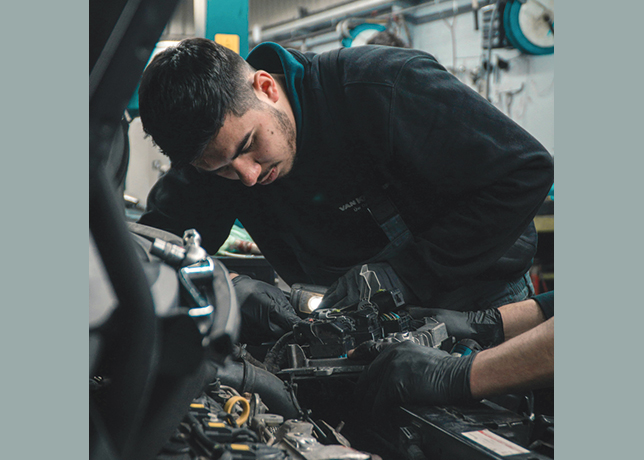
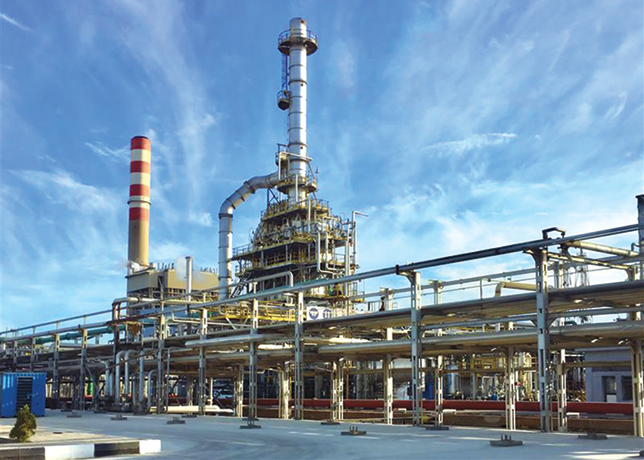
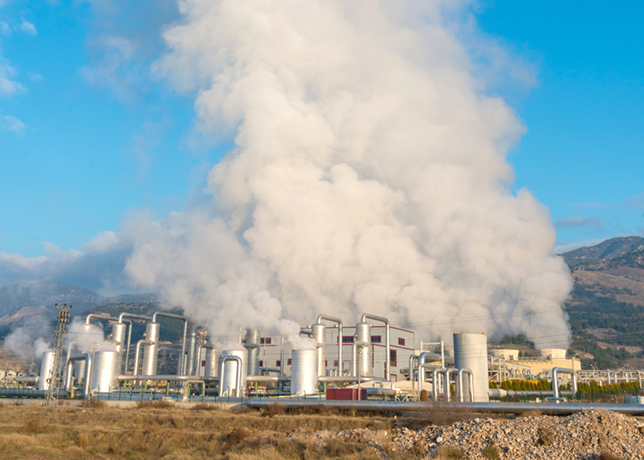

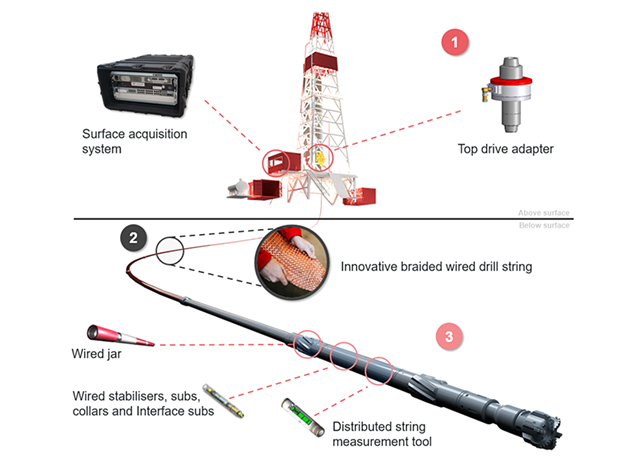


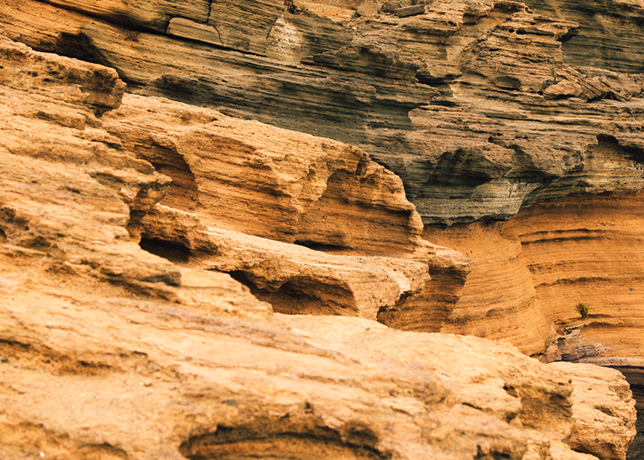



-is-one-of-the-world.jpg)
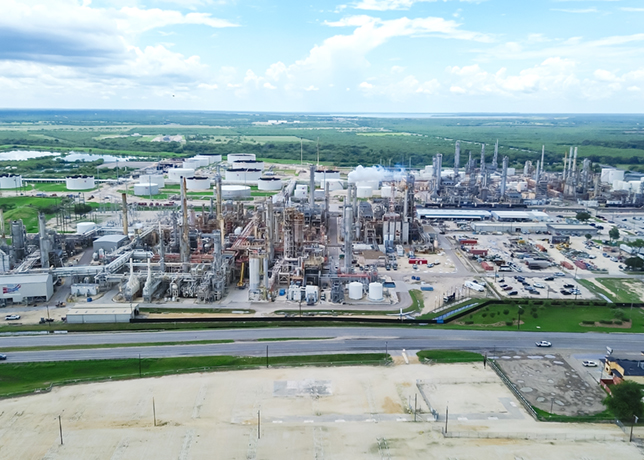
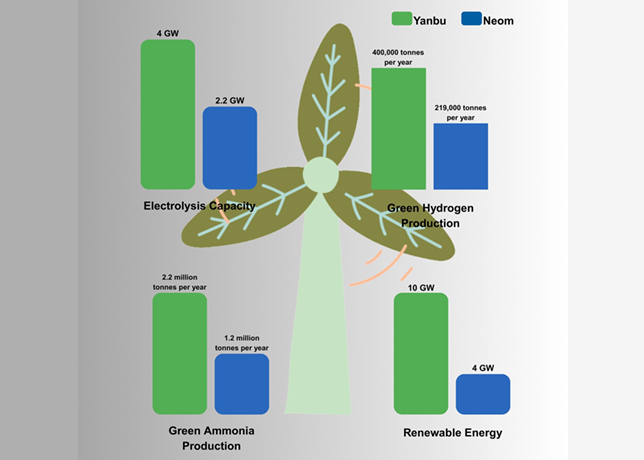
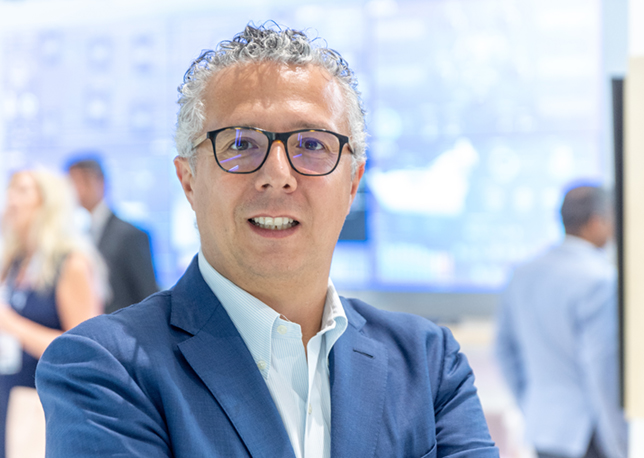
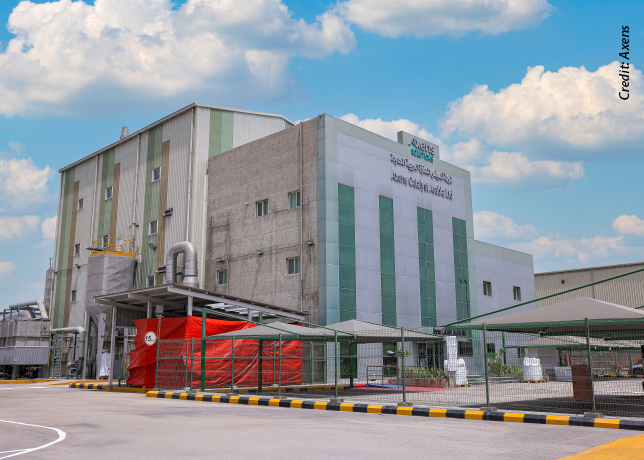
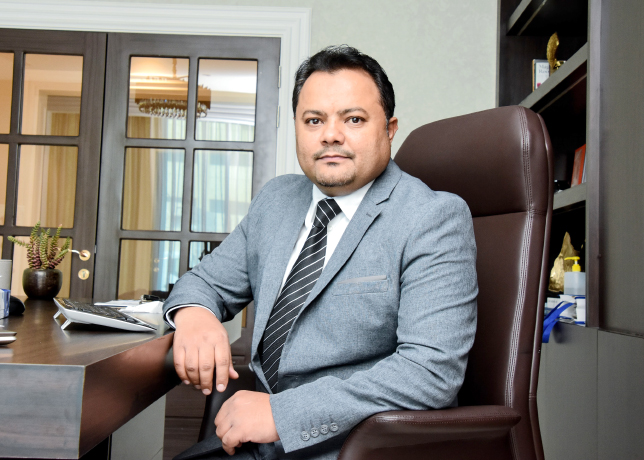
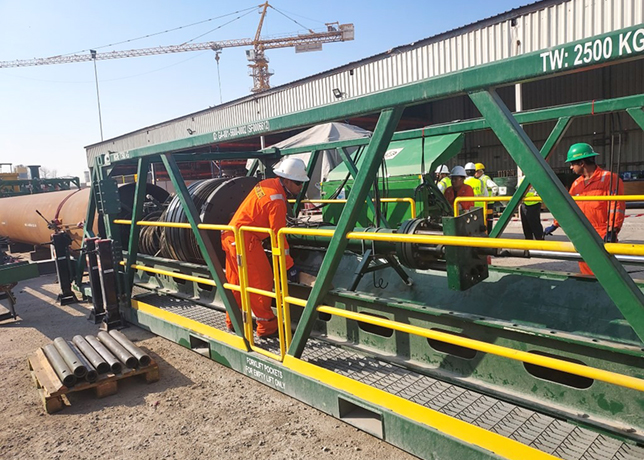
-(4)-caption-in-text.jpg)
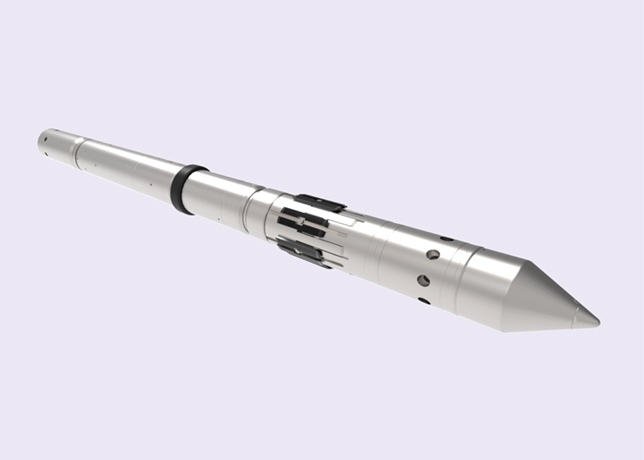
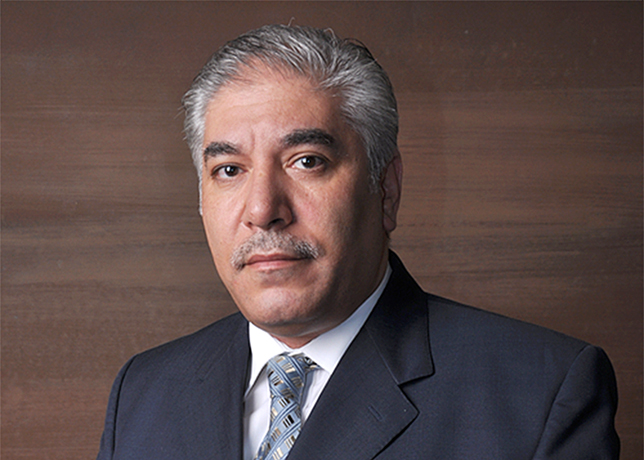
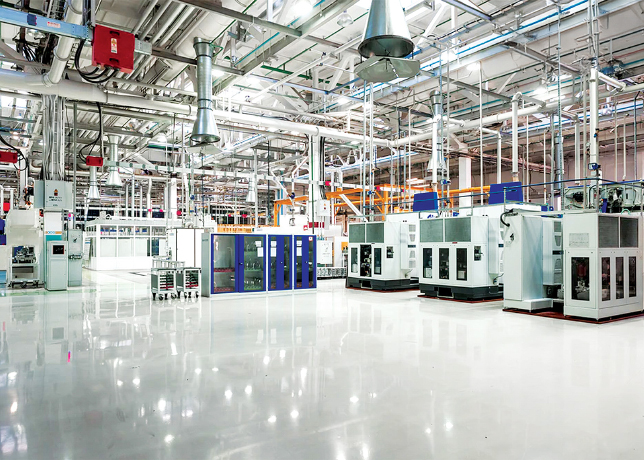
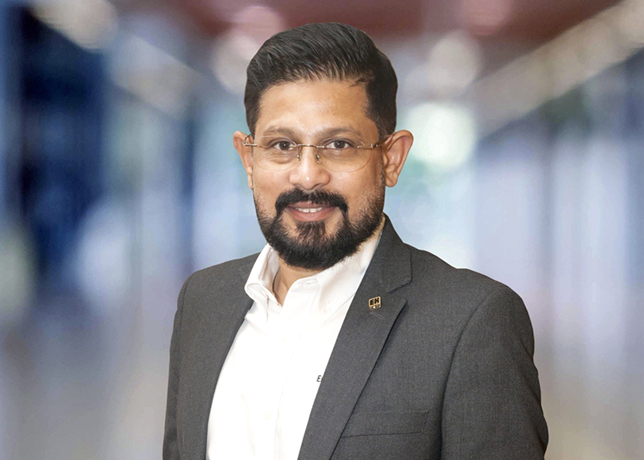
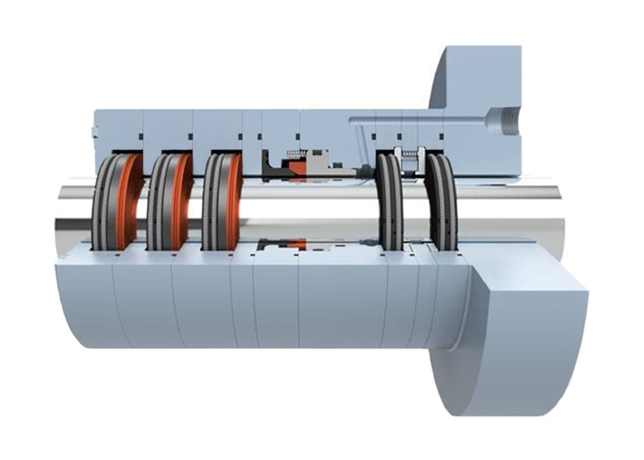

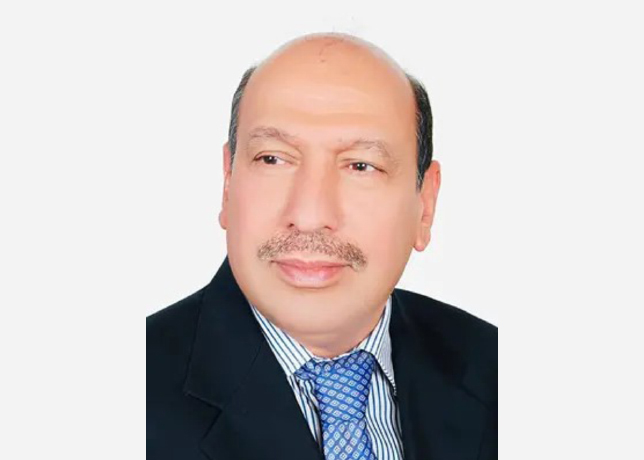
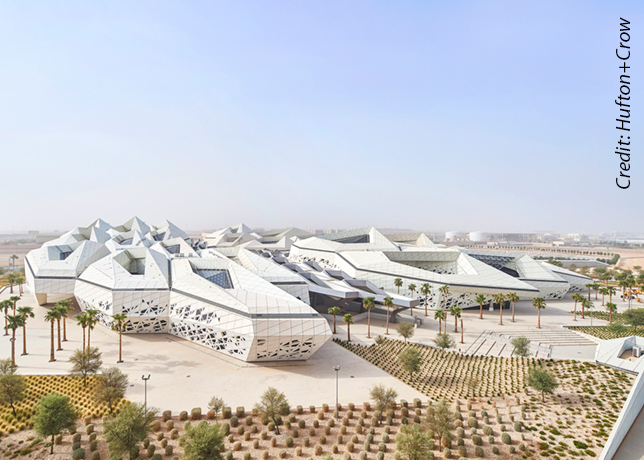
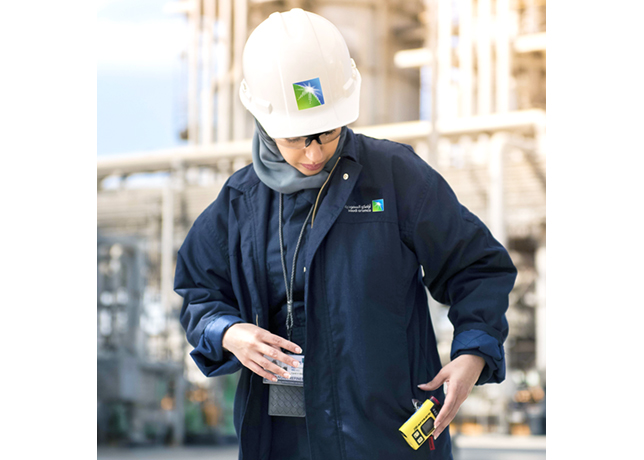
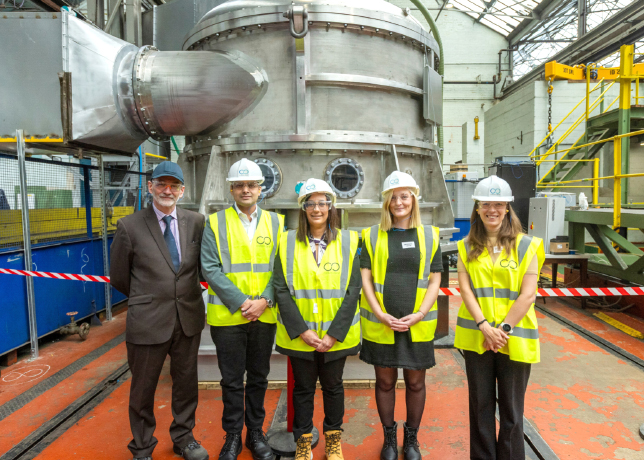
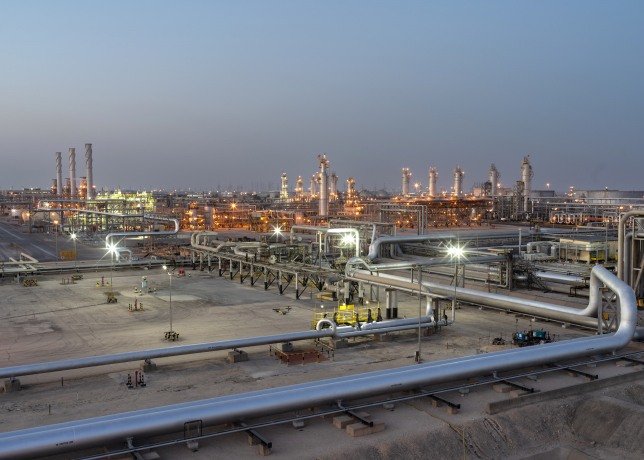
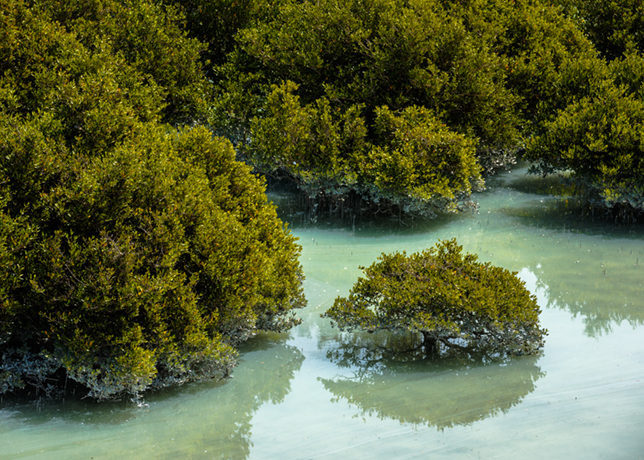
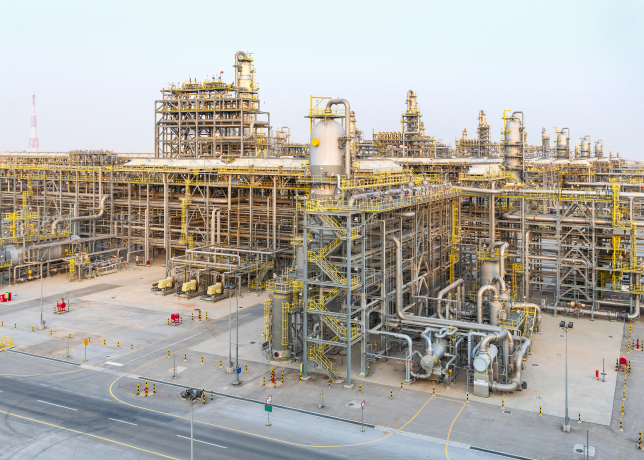
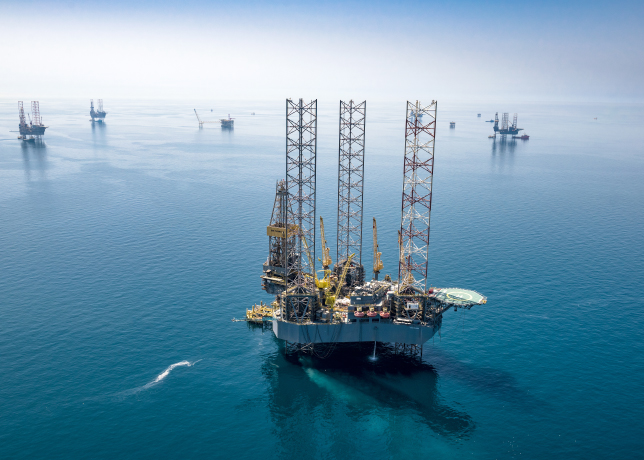

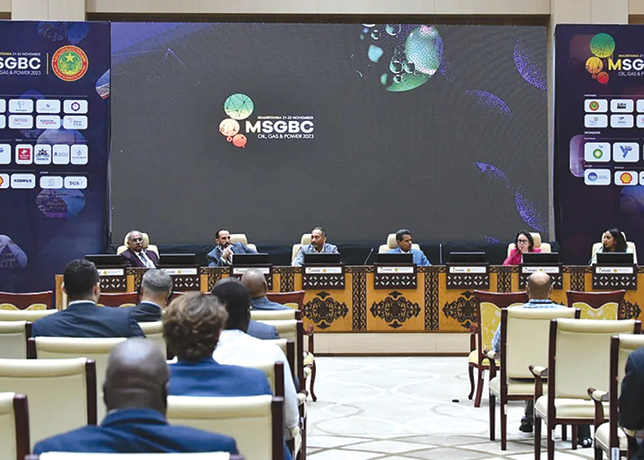
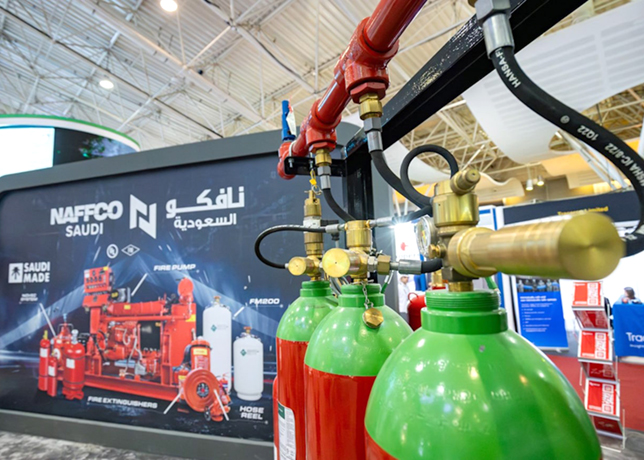
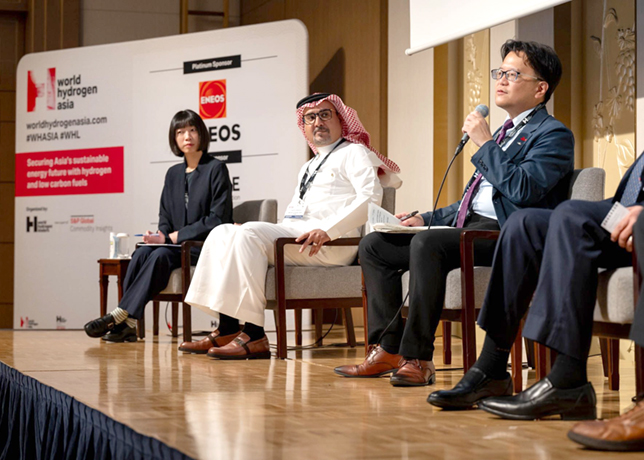
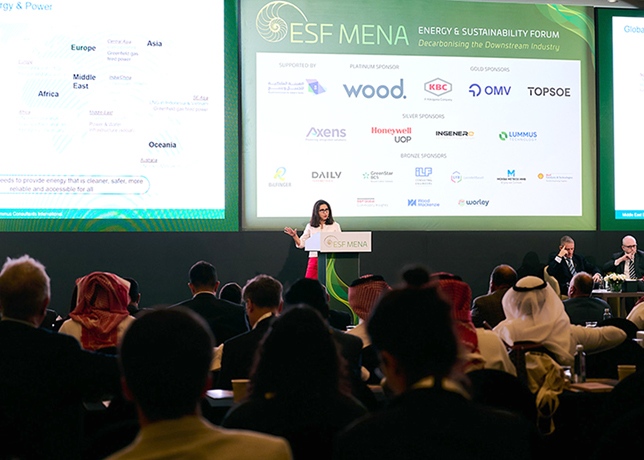
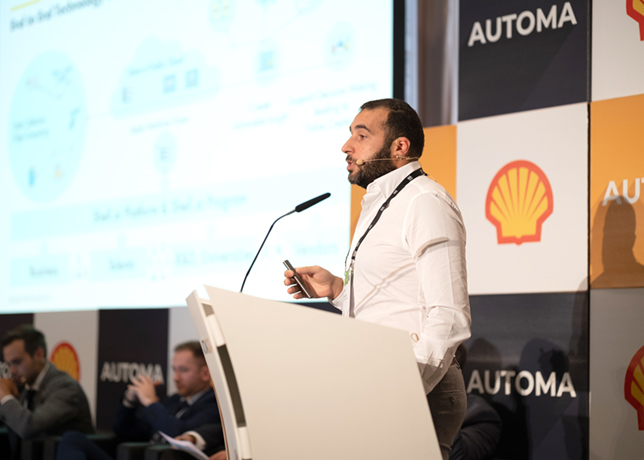
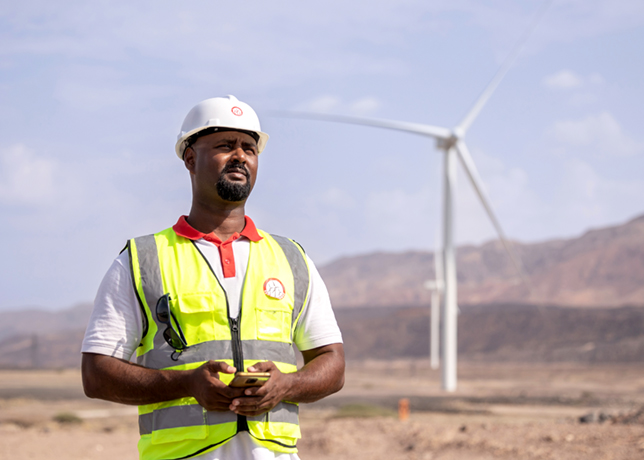
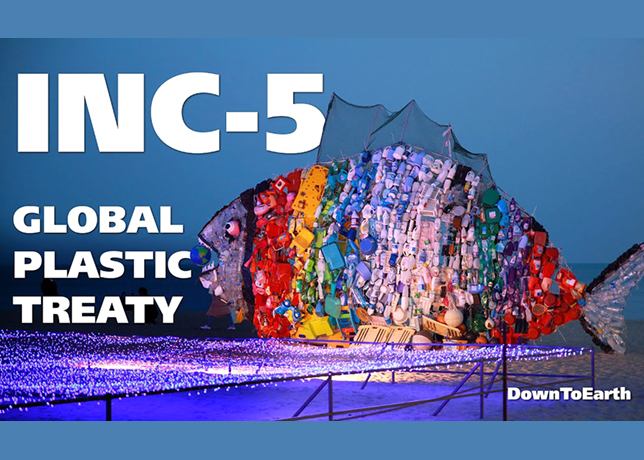
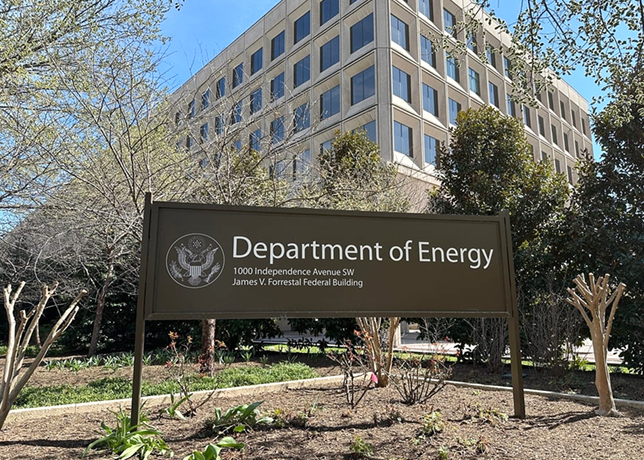


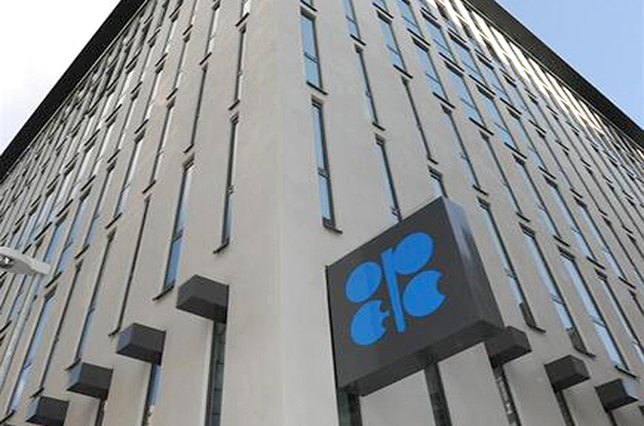

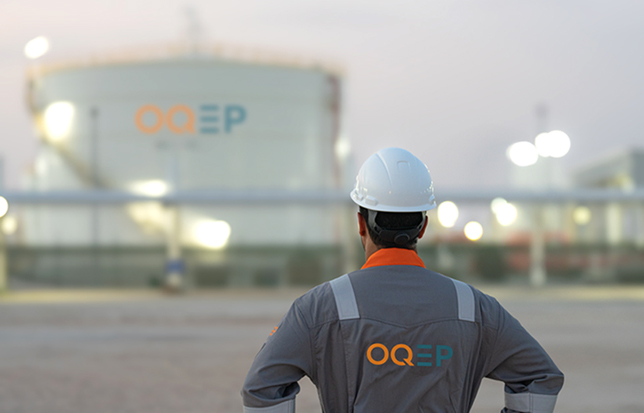
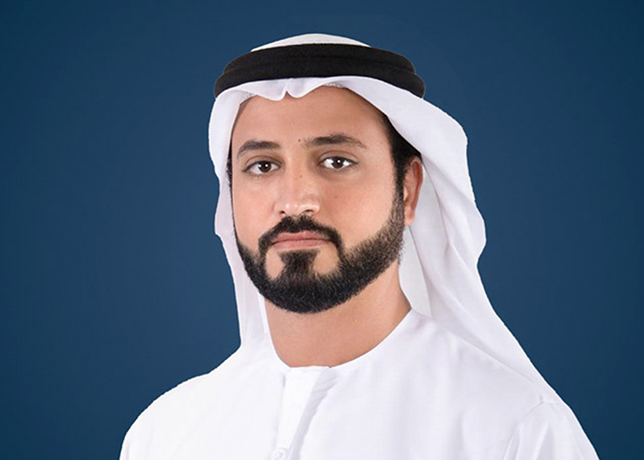






































.jpg)




.jpg)